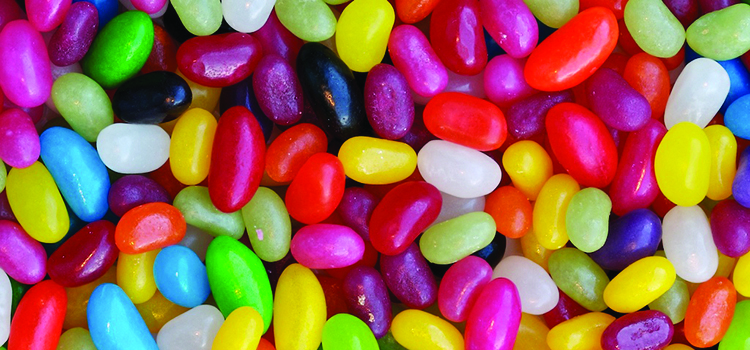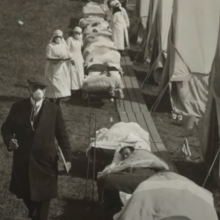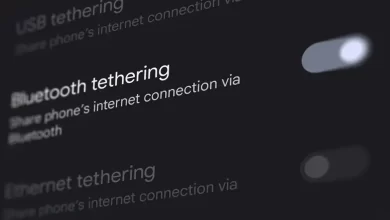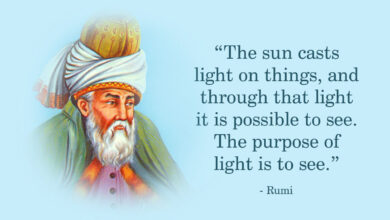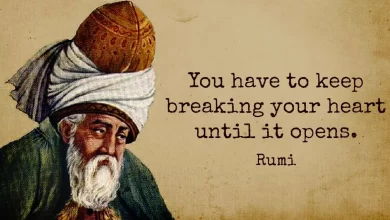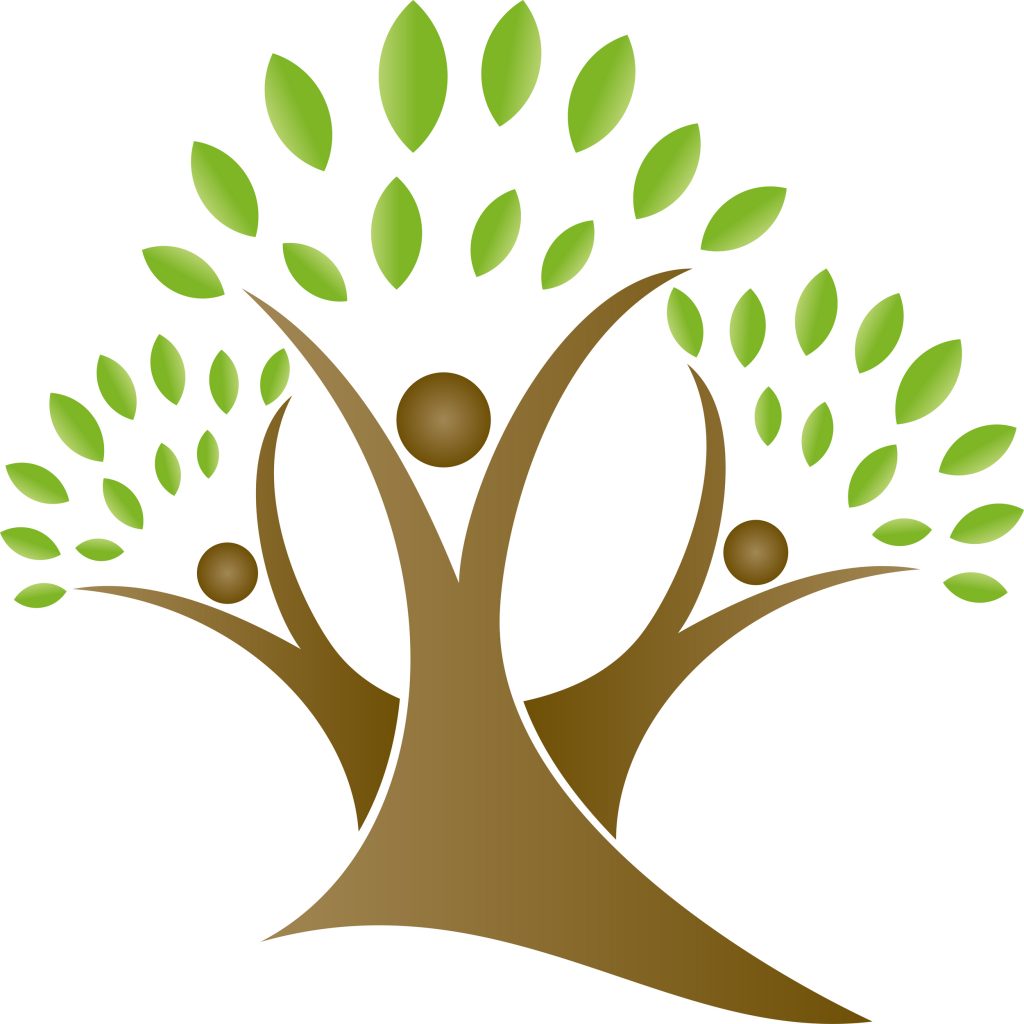
New realisations
I LOOK out at my boys kicking a football in the garden, a cup of tea in my hand, my phone and laptop in front of me as I type away. It seems as if the multiple worlds that I found hard to juggle have all come together in the current lockdown. There is no need to make endless coordination phone calls; all activity is now centralised and unfolding right before my eyes. The nine-to-five job as we know it is over, although the work is continuing at a fast pace and in fact building momentum as each passing day makes us more adept at operating in this ‘new normal’.
All the teachers who found their head underwater having to brave the new tide of online learning soon began enjoying the new modus operandi. Teaching from the comfort of one’s own bedroom isn’t such a bad thing after all. While digital teaching threw many of us out of our comfort zones, we seem to have found an alternative thrill in innovation and new experience. Personal lives have turned around in remarkable ways. Those who had a sedentary lifestyle are now taking recourse in plenty of sunshine, exercise and immunity-building nutrients. Parents of teenagers who did not see enough of their hyper-socialising children are getting time to engage with them again.
Many of these parents, who were previously cynical of technology, have had to take recourse in their teenage children’s ability to bring them up to speed. Others have had to get on the technological bandwagon to help their younger children navigate their new life of online classes.
Let’s hope we do not forget this interdependence.
Besides home learning support, parents have had to find ways to make the day constructive for their restless children. There is a massive amount of information on the internet for those looking for suggestions for activities in lockdown. From meditation and prayer, to organising charity initiatives, reading, family board games, baking, cooking and knitting, the list of things to do at home is hugely exciting. Suddenly, it seems, we are all a team living a reality show similar to Big Brother — except that this is not fiction. While we are thrown into teams in our little family units, we are learning to be more accommodating, considerate and perhaps kinder. It has been a time of giving, sharing and appreciating each other, especially the parents who juggle between jobs and childcare, and the teachers who kept learning afloat.
As we trudge through this uncertainty, we realise how interdependent we really are. Between work meetings, we share recipes with those of us struggling to cook meals without domestic help. We calm each other down through the Covid-19 panic, we set up digital playdates for our children and, between all of that, we try to strengthen the immunity for those in the family who are at a higher risk.
Many have also learnt new-found appreciation for the front-line workers in healthcare whom we once took for granted. Equally important have been the volunteers who have risked their lives to distribute ration to families in need, often in remote and far-flung areas. The pandemic has taken us back to the very basics of survival and for those looking closely, it has also taught us that, at the core of our being, we live to love and protect each other.
This might be a time riddled with fear, panic, loss and grief but the need to reach out and help has never been felt more acutely in our society, where the divide between privilege and the lack of it has always been huge. It is now severely fudged by a virus that spares no one. Some say the world will never be the same again; while we do not have a crystal ball to foresee the future, one thing is certain — we have all realised our immense adaptability and capacity for new learning, our ability to rise to challenging situations and our resilience at bouncing back from difficult situations.
When the beast of this pandemic withdraws its teeth, and hopefully the time isn’t far, let’s hope we do not forget this interdependence that has kept us going — we don’t need to wait for another pandemic to help cushion the struggling poor. We now know that timely institutional help and a ready infrastructure can save lives and it would help to start building that bridge. The coronavirus has shown us what we all knew but refused to acknowledge — the deadliest disease in our society has always been poverty; any other threats only compound our state of disarray.
The ‘new normal’ could perhaps teach us to do things differently, rearrange our priorities and strengthen the institutions that ensure our survival and the well-being of our society. Economic rebuilding is a hard task for any state, but weak foundations make the job exponentially harder. More than ever before, we need our teachers, researchers, social workers, scientists and economists. Perhaps it is time to revisit whether we value them enough.
The writer works at Oxford University Press, Pakistan.
Twitter:****@nedamulji
Published in Dawn, May 8th, 2020
